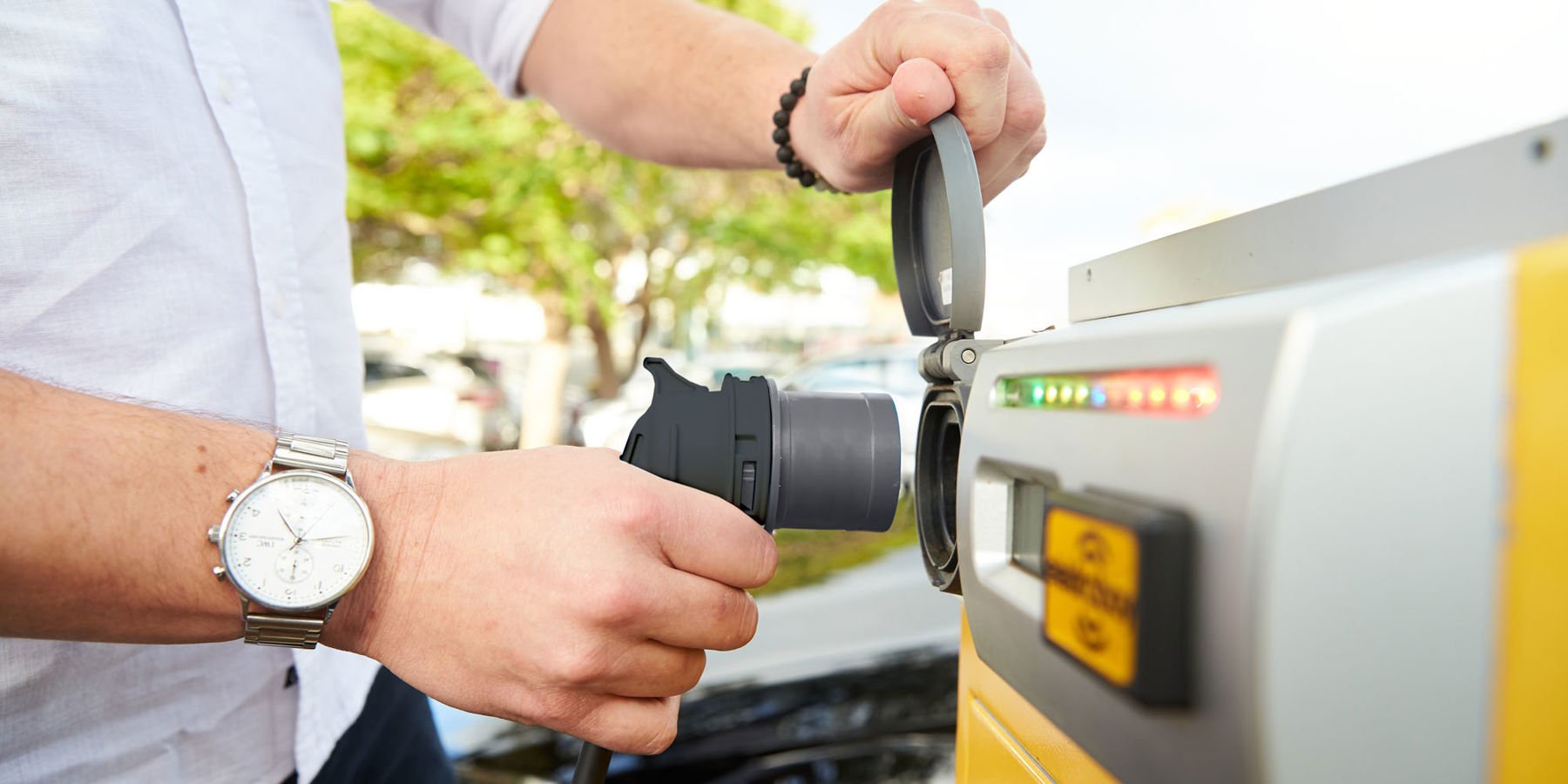When installing Electric Vehicle Supply Equipment (EVSE) also known as electric vehicle charging device, electrical contractors must ensure that they do not exceed the capacity of the supply and connection arrangement.
Specific attention is needed for residential and small commercial connections that have a Standard Connection Service. This is to ensure the connection remains safe and compliant.
What is defined as Standard Connection Service (standard supply)?
The Western Australian Service and Installation Requirements (WASIR April 2023) defines Standard Connection Service (supply) for Western Power as 240 volt single-phase (+/- 6%) for:
A new or altered network connection service from and within the SWIS:
- 63 amps single-phase (240 volts); or
- 32 amps per phase, three-phase (415 volts) (Note 1); or
- 32 amps per phase, split-phase (480 volts) (note 1); and
- to maximum size of consumer mains/submain cable not exceeding 35 mm2.
Notes:
- Subject to service availability.
- Is not applicable for network stand - alone power supply systems.
- For network connection generation capacity limits, refer to Section 15 and Western Power’s embedded generation (EG) technical requirements.
The Western Australian Electrical Requirements (WAER) also states that the minimum sized consumer mains cable for domestic premises must be in accordance with clause 9.2 being:
- single-phase: 10 square millimetres, copper conductors; or
- three-phase: 6 square millimetres, copper conductors.
To determine the maximum demand, refer to AS/NZS 3000:2018 as amended, specifically:
- clause 2.2.2 maximum demand, and
- appendix C, circuit arrangements and clause C2 maximum demand (with reference to tables C1 and C2 for single and multiple domestic and commercial electrical installations).
For EV charging connections, the consumer(s) main switch must be upgraded to a circuit breaker:
Western Power has reviewed clause 10.11.6 of the WASIR and have recently updated and published the following changes:
10.11.6 Electric vehicle supply equipment (EVSE)
Electric vehicle supply equipment and associated EV plugs and connectors shall comply with relevant industry standards and the network operators technical requirements.
The installation of EVSE may alter the consumers site maximum demand and potentially the associated network supply and connection arrangement requiring additional or upgraded infrastructure and installation protection. (For additional information refer to the relevant network operator and Clause 11.6.4)
The rated current of EVSE shall not cause the total load limits specified to be exceeded:
- in Clause 7.6.2, Table 3 for equipment to be connected to Horizon Power’s distribution network; or
- for a Standard Connection Service connected to Western Power’s distribution network;
In essence this change allows customers to manage equipment they install on their site to their site connection capacity. For example, this means that a Standard Connection Service with a 7kW single phase EVSE unit is permitted on either single or three phase sites. However, it will be up to the electrical contractor to evaluate that the site maximum demand is within the Standard Connection Service limits and ensure multiphase sites met the balanced electrical connection requirements of the WASIR (refer to Section 10.7).
Where the electrical contractor deems that the added load due to the installation of the EVSE exceeds the capacity of the connection point they can either:
- apply to Western Power for an upgraded connection service
- use advance methods to control load on site such as installing a smart EVSE with grid import limiting functionality
Note: Clause 10.11.5.3 of the WASIR does not apply for EVSEs.
If you have any queries, please contact WA Electrical Inspectors.
